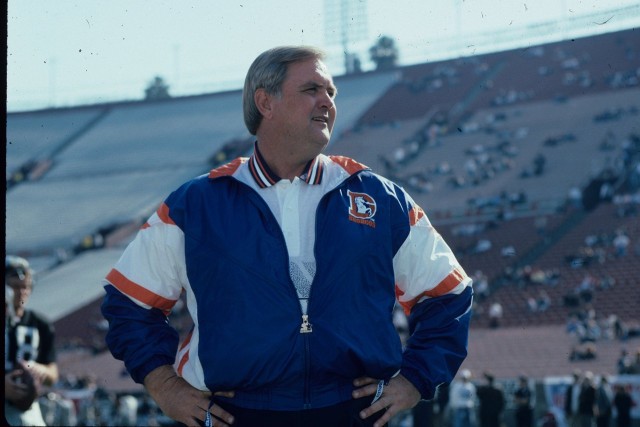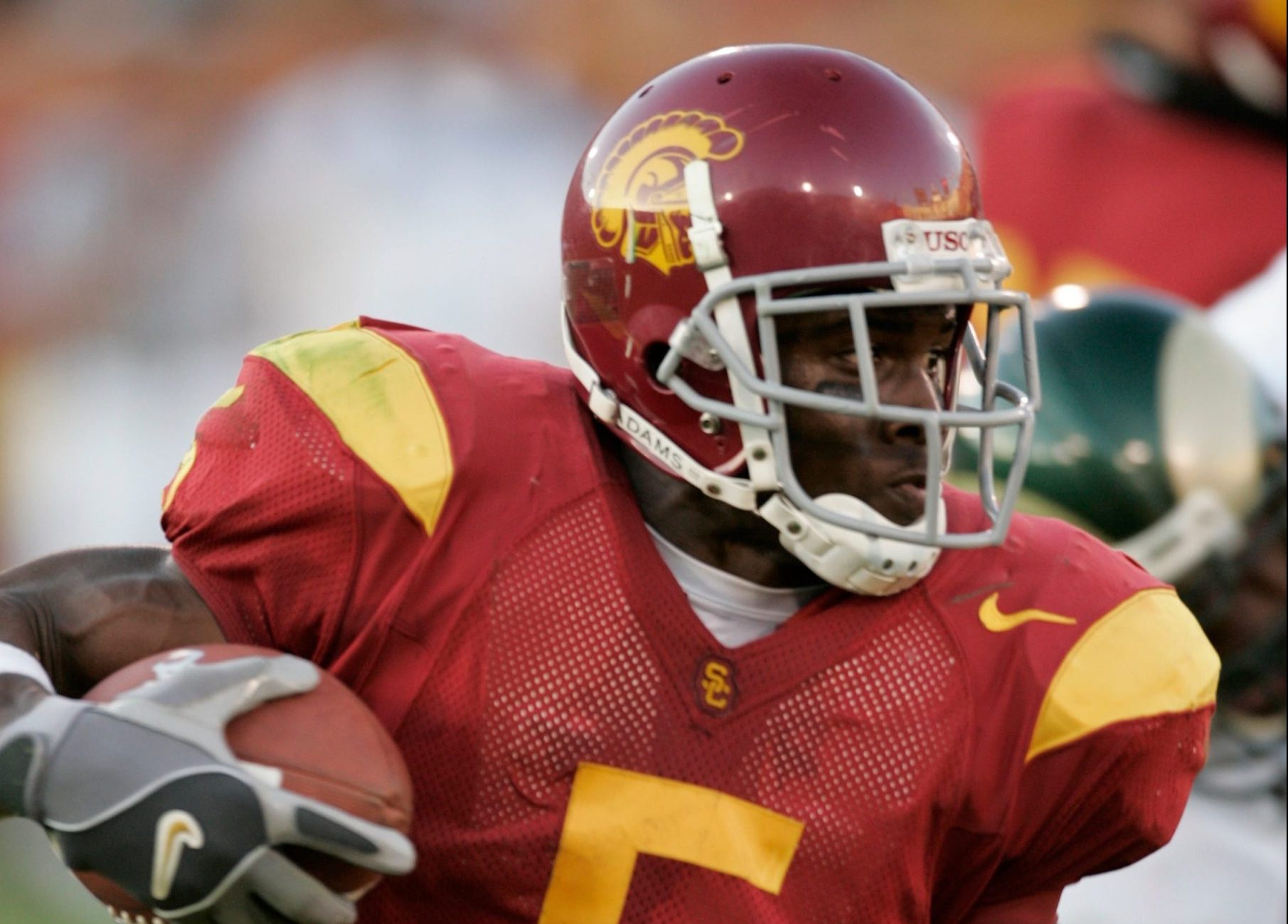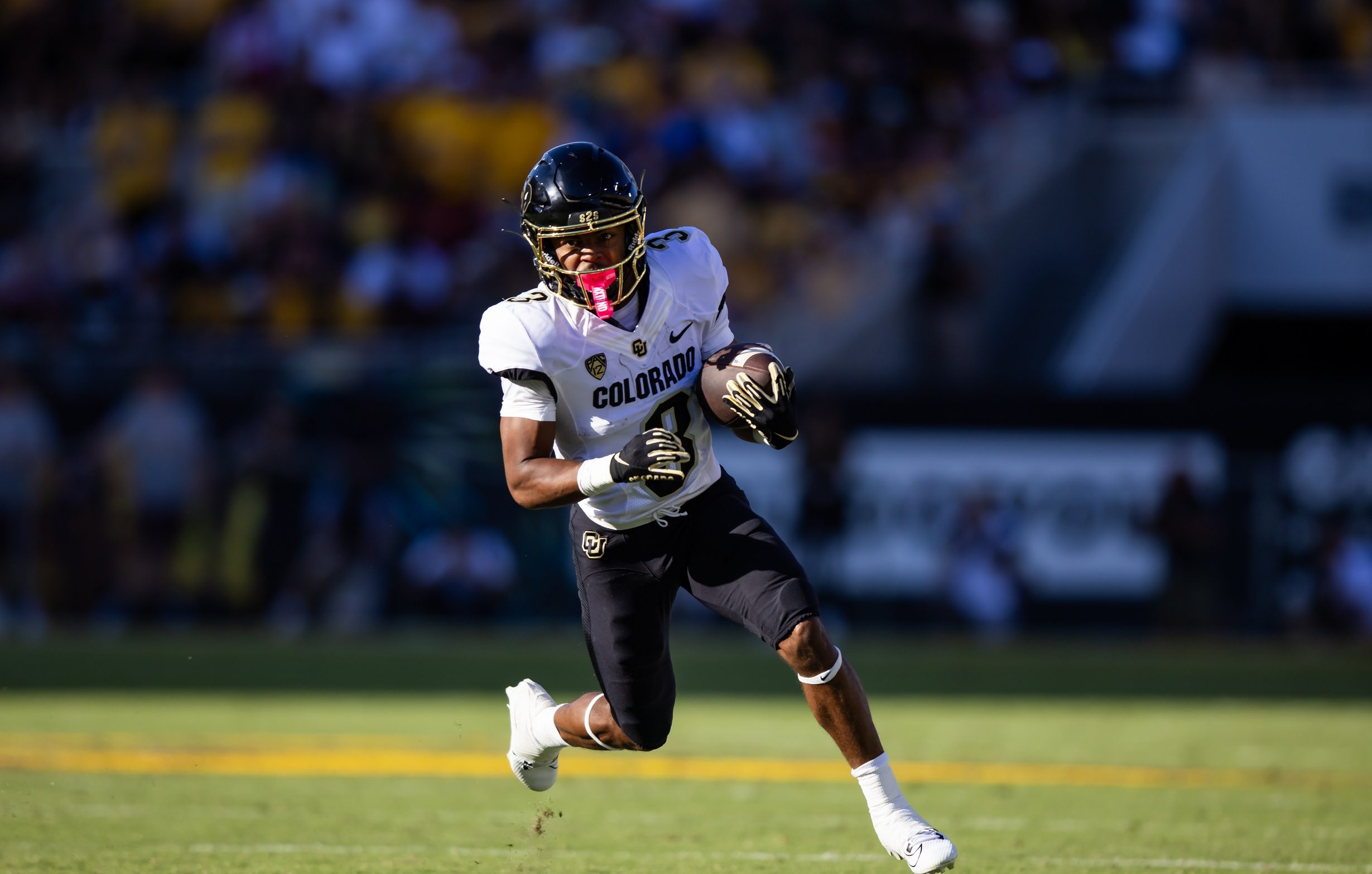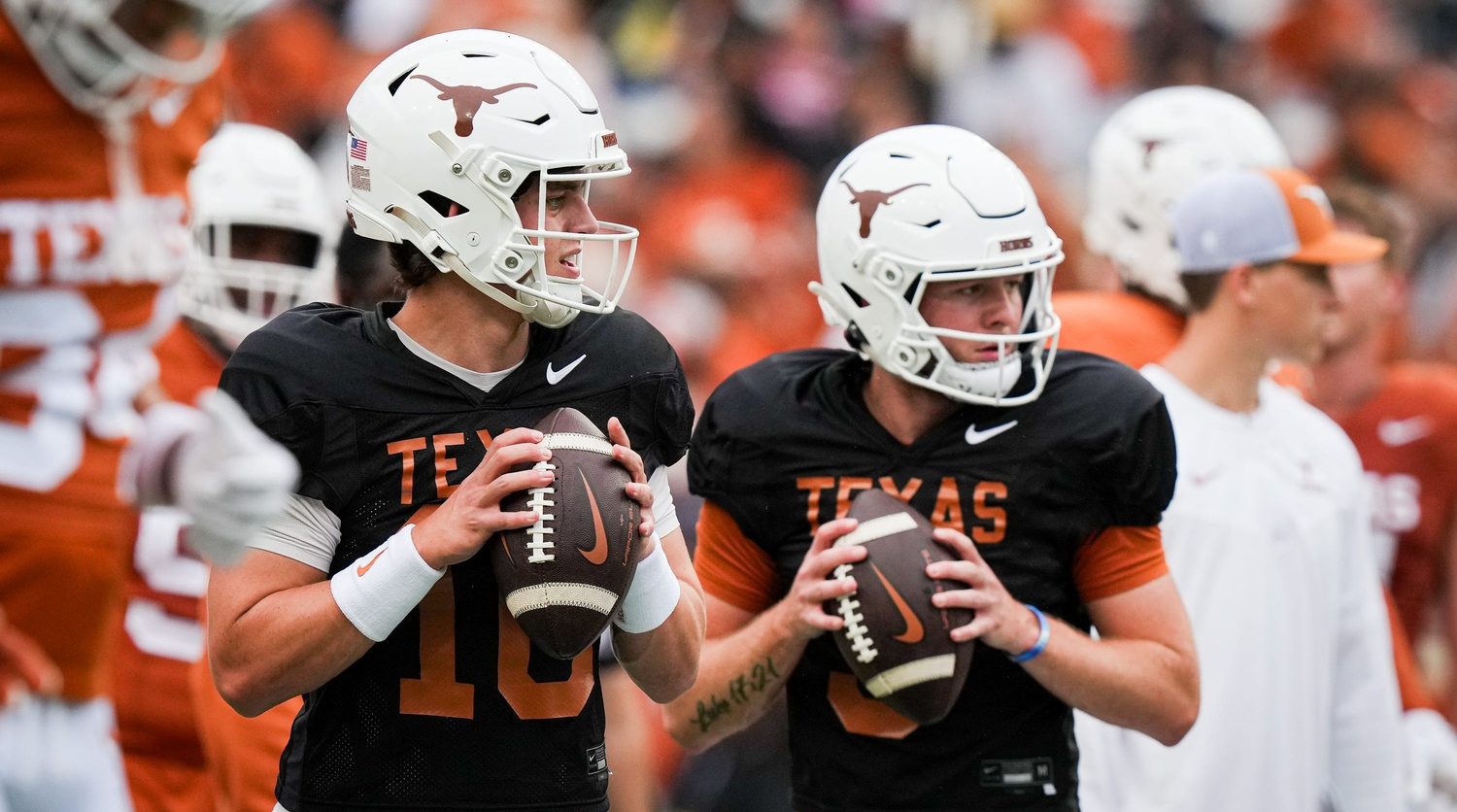The stories of Mike Shula and Wade Phillips are stories of limitations and acceptance. Therefore, allow for some limitations in presenting the backdrop to the most fascinating matchup of Super Bowl 50, when the Carolina Panthers face the Denver Broncos in Santa Clara, California.
Mike Shula versus Wade Phillips might decide the golden-anniversary Super Bowl; that’s up for debate. What’s hard to dispute: Their shared presence in America’s biggest game is testimony to their survival instincts in a cutthroat profession. Their roots in pro football make their intersection on Sunday afternoon a treat for anyone who loves to see a person get off the mat and pick himself up.

It can be a great burden to grow up as the son of a legendary figure in any endeavor. When that endeavor is professional football, the intensity of the spotlight can be powerfully oppressive.
It takes a lot of intestinal fortitude — a deeply-absorbed awareness of the commitment football requires — in order to knowingly follow a legendary parent into the belly of the NFL beast and not drown in self-loathing when one tastes the bitter herbs of failure.
Mike Shula and Wade Phillips have displayed the patience needed from any football lifer. They’ve been knocked down many times, sometimes to the point of humiliation. Their reward, though, is great: At long last, one of them will win a first Super Bowl. That this moment won’t come as a head coach should in no way diminish their accomplishment.

Mike Shula has had to live in the large shadow cast by Don Shula. Even if Mike never consciously tried to measure up to his dad, everyone on the outside would always fill in the blanks. The same holds true for Wade Phillips, who doesn’t take himself too seriously but could never compare to O.A. “Bum” Phillips as a quote machine or head coach. There was room in the Shula and Phillips families for only one football legend, not two. A ceiling of limitation can be a very difficult thing to accept, but Mike and Wade appear to be at peace with where they stand.
That’s no small feat.
Don Shula is a six-time Super Bowl participant, tied with Bill Belichick for the most on record. He is the coach of the last unbeaten team in NFL history, and the first man to lead a team to three straight Super Bowls (winning twice). This member of the Mount Rushmore of NFL coaches will be at Super Bowl 50, cheering on his son.
Bum Phillips coached the “Luv Ya Blue” Houston Oilers to two straight AFC Championship Game appearances in the late 1970s, guiding the team as close to the Super Bowl as it ever got before the franchise became the Tennessee Titans. He is the best coach the Oilers ever had. Along the way — and during a stop in New Orleans with the Saints as well — Bum Phillips became an NFL Films treasure, one of the most colorful and beloved figures in the sport.
Bum passed away in 2013, and Wade doesn’t want to talk a lot about his dad. The sense of loss he feels is still palpable. The son’s memory of the father is perhaps too close to think about with a game this big on the near horizon. What might add to Wade’s reticence to speak at great length about his dad is that whereas Don Shula won two Super Bowls to put some trophies in the Shula household, Bum never made a Super Bowl as a head coach.
The first time Bum Phillips came within one win of the Super Bowl, the 1978 Pittsburgh Steelers crushed his Oilers, 34-5, in the AFC title game in Three Rivers Stadium. The next season’s rematch was the closer contest, and this is the call from the 1979 AFC Championship Game that Oiler fans will never, ever forget:
Phillips went as far as he could go with an upstart group in Houston. Had he coached a Cadillac organization such as the Dallas Cowboys, he might have taken the next step and reached a Super Bowl.
Speaking of the Cowboys, Wade — who did make one Super Bowl as the Denver Broncos’ defensive coordinator in the 1989 season — got his big chance as Dallas’s head coach under Jerry Jones in 2007. That season, the Cowboys gained the No. 1 seed in the NFC playoffs.
Unlike the 1978 and 1979 Oilers under his father, Wade knew that the road to the Super Bowl went through his own team’s stadium in Texas. However, just when everything was set up for Dallas, the New York Giants scored the upset which fueled the first of two championship runs under Tom Coughlin and Eli Manning. Phillips never again got as close to claiming a Lombardi Trophy as a head coach. No member of the Phillips family would enjoy that particular distinction.
For Mike Shula, the glories of his father — two titles, six journeys to the greatest show in American sports — certainly made it easier to soak up the feeling of victory and taste what it was like. However, Mike wanted to be the central architect of a mountaintop moment in a football life, not just a bystander to a parent’s achievement. Like Wade, he also took over a celebrated football team and couldn’t reach the summit.

The ability to coach the University of Alabama was a blessing for Shula, but also a curse — not because of the weight of the family name, but the timing of his arrival.
Following this specific scandal, Alabama simply wasn’t a destination job in college football. High-end recruits simply wouldn’t go there in large numbers. Mike Shula was not put in position to succeed. He was in many ways a caretaker coach. His one taste of the big time as a head coach was, simultaneously, a tenure which was doomed to fail. Much as Wade Phillips realized in Dallas that head coaching was not his specialty, Shula arrived at the same conclusion.
Wade Phillips and Mike Shula have had to swallow considerable disappointments. Wade doesn’t have too many more NFL tomorrows left at 68, but Mike is not exactly a spring chicken at 50. Even as assistant coaches removed from their fathers (they both coached for their dads — Wade in the late 1970s with the Oilers, Mike in the early 1990s with the Dolphins), they absorbed gut-punch defeats in the NFL postseason.
Wade’s most infamous loss was not the Cowboys’ 2007 divisional playoff stumble against the Giants, but the Music City Miracle as head coach of the Buffalo Bills in January of 2000. That remains the most recent playoff game in Bills franchise history. The loss to the Tennessee Titans (which could have been the Houston Oilers — the team Bum Phillips made famous) represented the kind of game that could haunt a coach to his grave.
Mike Shula twice came within one win of the Super Bowl as an assistant. One instance occurred with his dad in Miami, but the other one emerged when he was an assistant with the Tampa Bay Buccaneers — yes, in the same 1999-2000 postseason when Wade watched his heart sink in the face of the Music City Miracle.
No joke: Mike Shula was denied a trip to the Super Bowl just 15 days after the “Miracle” gave Wade Phillips a parade of sleepless nights.
This was the play which broke the younger Shula’s heart in January of 2000:
Time and time again, the forces of football have knocked back Mike Shula and Wade Phillips. Decades upon decades of work and study have flowed from these two fertile football minds — one on offense, one on defense. All they’ve had to show for it is one Super Bowl appearance.
That one appearance — Wade in Super Bowl XXIV for Denver — led to a 55-10 blowout loss, still the most decisive Super Bowl thumping in the first 49 editions of this game.
History has clearly toyed with Mike Shula and Wade Phillips in many ways, but instead of losing belief or asking out of a taxing, draining profession, these lifers have asked for more, knowing all too well the difficulty of succeeding on a sustained basis in the NFL.
Now, one will sip the nectar of the gods. The other can know that the past has no claim on the present or the future, and that more promising opportunities lie ahead.
Want to feel good about the Super Bowl in a time of concussions, HGH, silly media-fed non-stories, and all the rest? See what Mike Shula and Wade Phillips have done to get to Levi’s Stadium for the moment of their lives.





